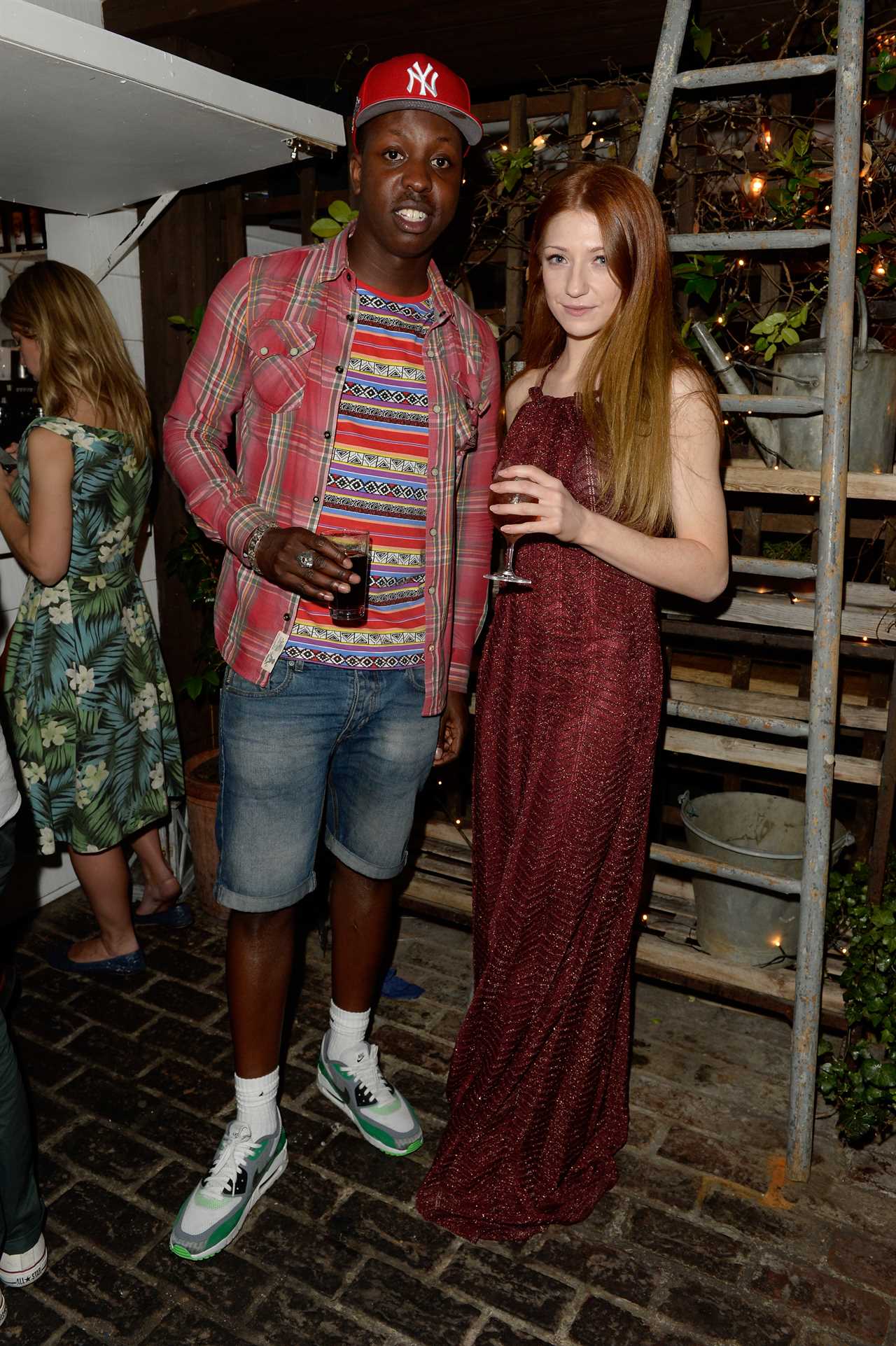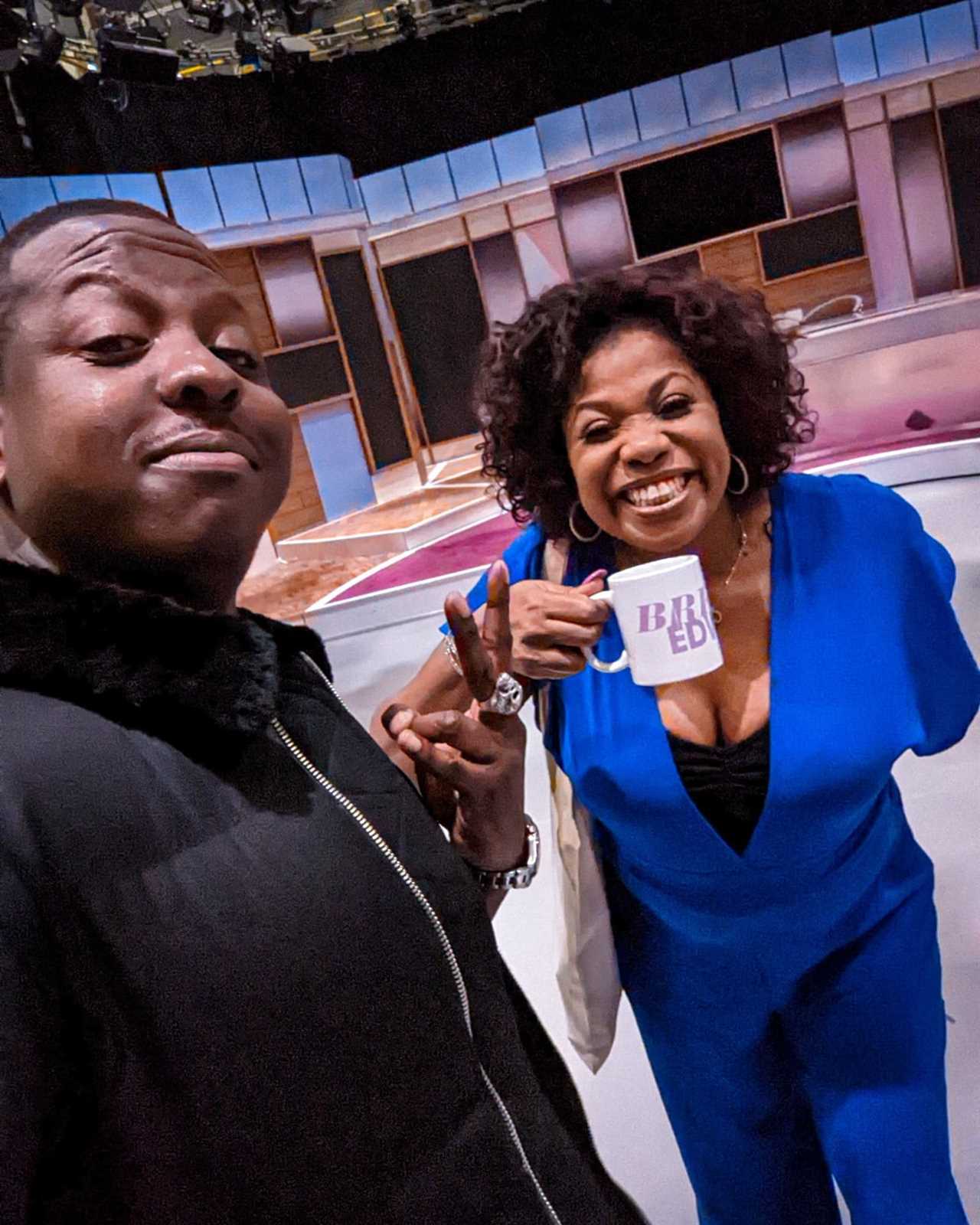FROM the kitchen of his mum’s house on a London housing estate, Jamal Edwards helped launch the careers of stars such as Rita Ora, Ed Sheeran and Stormzy.
The YouTube pioneer, who died suddenly aged 31 at the weekend, was feted by politicians and royals for the way he built a multi-million business with just grit and determination.
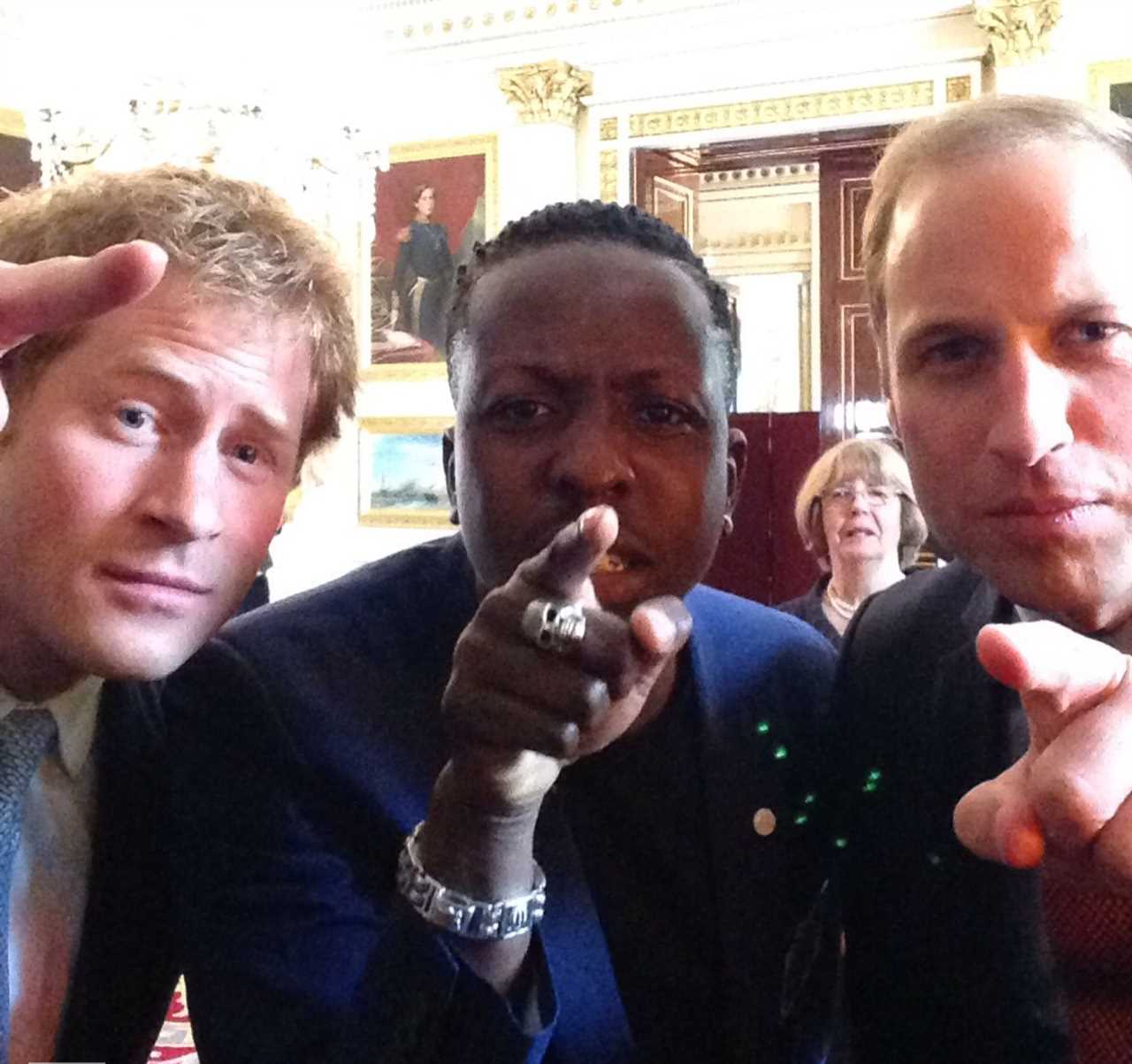
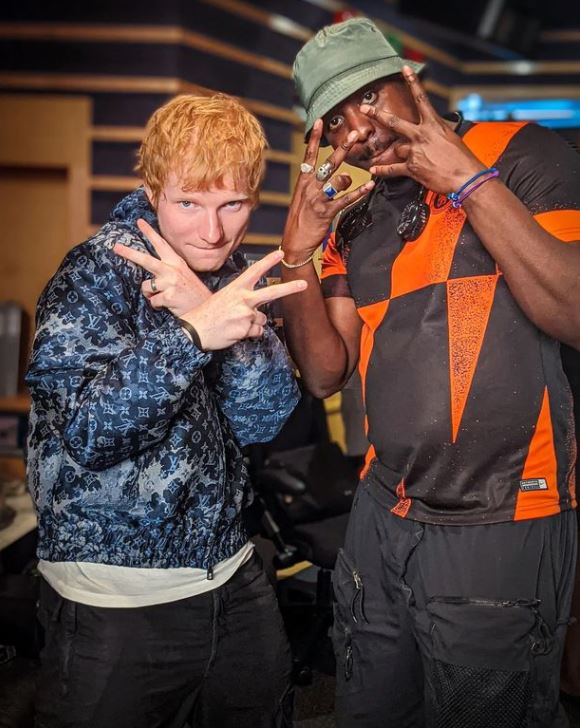
Jamal went from making videos with a £20 mobile to running his own digital channel, record label and fashion brand – as well as making music videos.
He carried the Olympic torch before the 2012 London Games, wrote a series of short self-help books and was a Prince’s Trust ambassador.
Having started broadcasting on his SBTV channel just a year after YouTube started, Jamal was one of the first people to prove you could get rich from providing internet content.
Since the news of his death broke, a string of music industry titans have paid tribute to him.
Ora said: “I’m devastated. No words can describe how grateful I am to have been in your presence.”
A statement from the Prince of Wales and Duchess of Cornwall also read: “Thinking of the family of Jamal Edwards today.
“His work in music but also as an ambassador for a new generation, including his work for The Prince’s Trust, were an inspiration to so many.”
Born in Luton in 1990, Jamal never knew his father and was brought up by his mum Brenda, who went on to be a semi-finalist on The X-Factor in 2005 and a Loose Women panellist.
It is a terrible tragedy for Brenda, 51, who has already suffered incredible heartache.
When she was aged four, her engineer father and nurse mother were killed in a car crash, leaving her and her elder brother Rodney orphaned.
The siblings were brought up in a cramped house in Luton by their grandmother, who died from a stroke when Brenda was aged 20.
Just a few months later she fell pregnant with Jamal and had to bring him up alone, because the dad had nothing to do with him.
The same thing happened with her second child, daughter Tanisha, but she found a father for her kids in the form of mortgage broker Patrick, when Jamal was aged five.
His mum and stepfather moved to Acton in West London, where he faced trouble at school and with gangs on local estates.
Jamal recalled: “I remember seeing guys running past with guns while we were playing football. Hearing bangs and then all the mums screaming at us to get inside.
“There were times when we weren’t allowed to go to school because someone had been shot and killed.”
When he walked to a rival estate to appear on a pirate radio station, a group of young men in balaclavas set opon Jamal and his pals.
He said: “We all had to run. And I remember thinking to myself, ‘Hang on, why am I running? I haven’t done anything.”
When he was aged 14 Jamal was arrested by the police after hitting a fellow pupil in the face with a chair at school.
Jamal, who was defending himself after being sprayed in the face with deodorant, was not charged.
He admitted: “Mum was so upset; I could tell she was really disappointed, and that was a wake-up call.”
Recorded rappers with £20 mobile phone
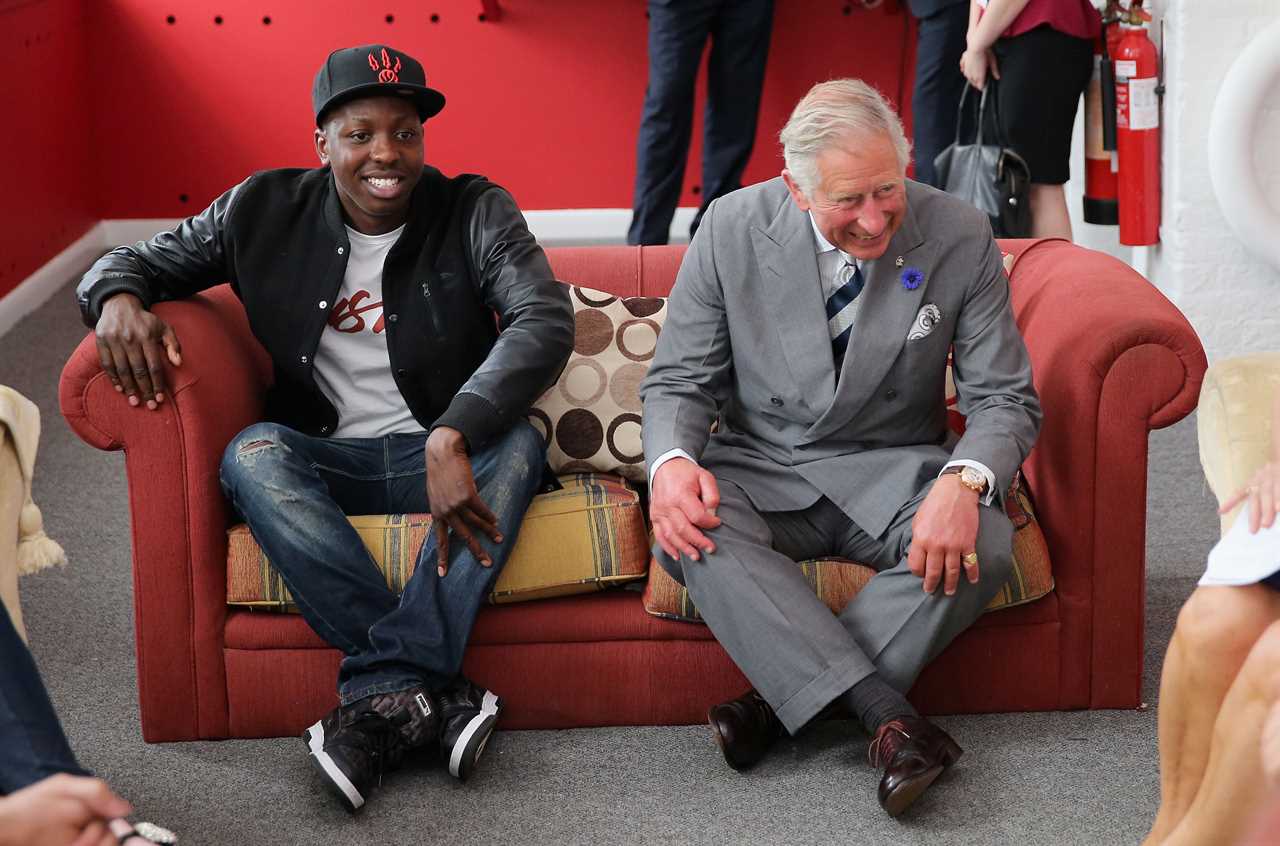
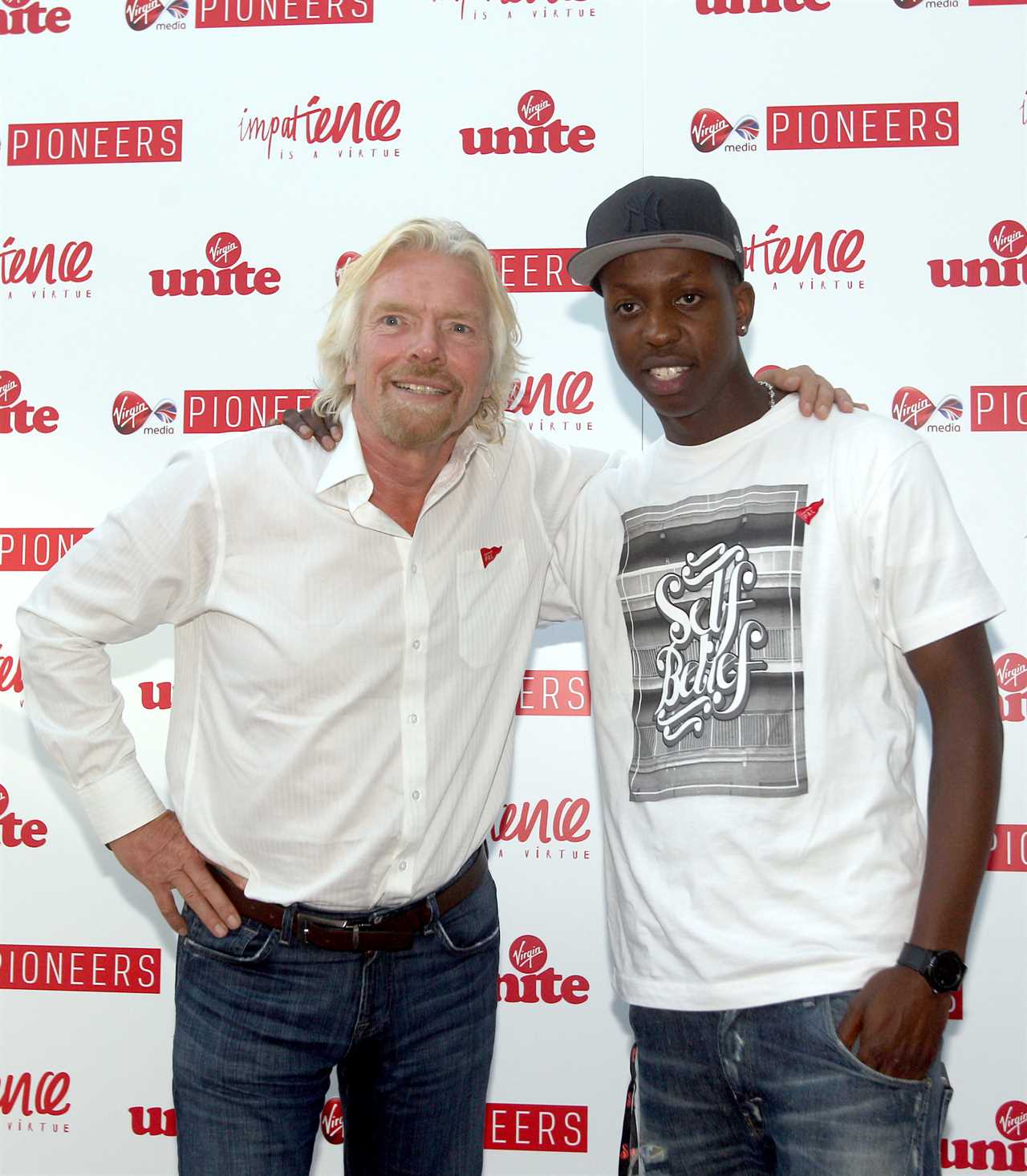
It was at this point that Jamal became interested in making home movies.
He used his £20 mobile phone with a built-in video camera to first record local wildlife such as foxes, frogs and ants, and then local rappers.
At the age of 16 he got an equipment upgrade when his mum bought him a simple hand-held Panasonic video camera for Christmas.
He quickly started the YouTube channel and racked up thousands of views for the interviews he conducted.
Jamal recalled: “Back then, people got really excited to see themselves online, to show their family. ‘Look, I’m on the internet.”
After receiving his first cheque from YouTube for £100, he expanded his horizons to bigger name acts, waiting outside nightclubs to interview them.
The teen tycoon, who had a day job at a Topman store, beat the competition by working harder.
He said: “I was consistent with it. I was uploading a video every day without fail. I’d finish work, finish college, and I’d be editing my videos when I was on the bus home to make sure that if there had been other people filming too, I got my clip online first.”
From working in Topman to being mentored by Branson
Jamal was the first person to interview Ora and also got in early with acts such as Sheeran, Skepta, Jessie J and Dave.
You Need Me, I Don’t Need You was the first of many SBTV videos Sheeran performed in. He pulled in more than seven million views for the channel.
As word spread, Justin Bieber, David Cameron, Simon Cowell, Ellie Goulding, Bruno Mars and Nicki Minaj wanted to appear on SBTV as well.
By the age of 22 he was worth a reported £8million and was being mentored by Sir Richard Branson.
He earned extra cash by becoming a Puma brand ambassador, setting up a record label called Just Jam with Sony’s backing and creating a fashion line for Topman.
Jamal became an inspiration to young people and that was recognised by the Royal Family.
He was an ambassador for the Prince’s Trust, the youth charity run by the Prince of Wales, and helped launch the Queen’s Young Leaders Programme with Prince William and Prince Harry.
Jamal was awarded an MBE in 2015.
But there were times when he overburdened himself with work.
He admitted: “I still get bad anxiety at times, if I have too many things going on. I have to sit down and tell myself to take a breather.”
Paying tribute to Jamal, his mum Brenda said: “Myself, his sister Tanisha and the rest of his family and friends are completely devastated.
“He was the centre of our world. As we come to terms with his passing we ask for privacy to grieve this unimaginable loss.
“I would like to thank everyone for their messages of love and support. Jamal was an inspiration to myself and so many.
“Our love for him lives on, his legacy lives on.”
